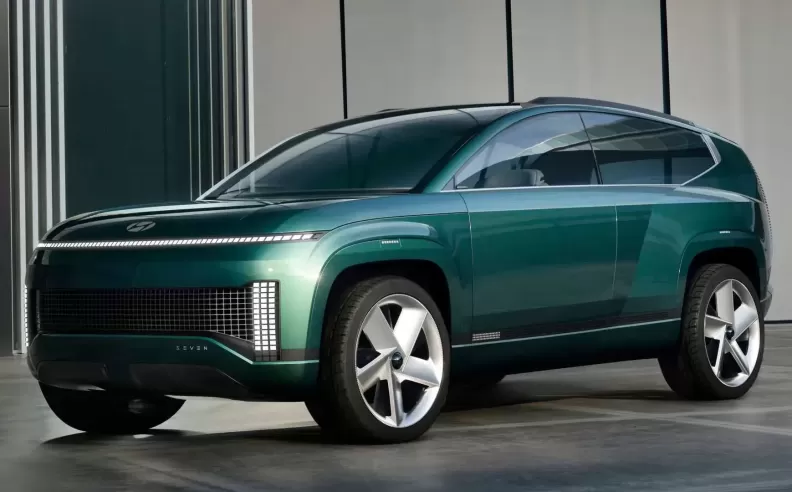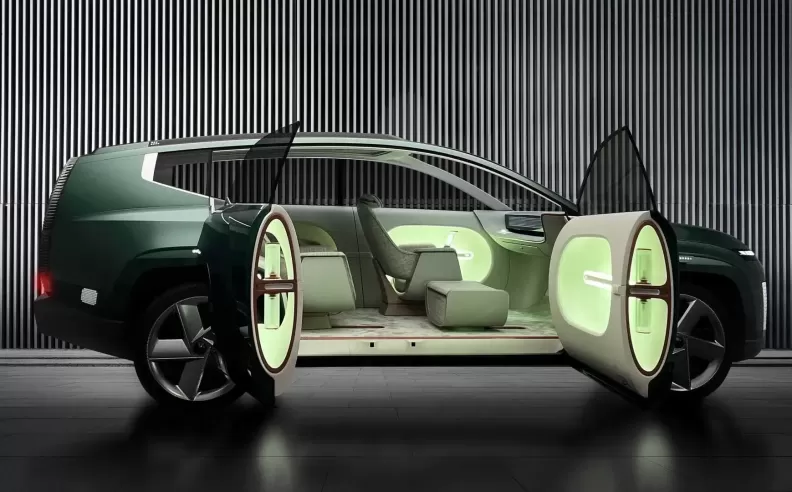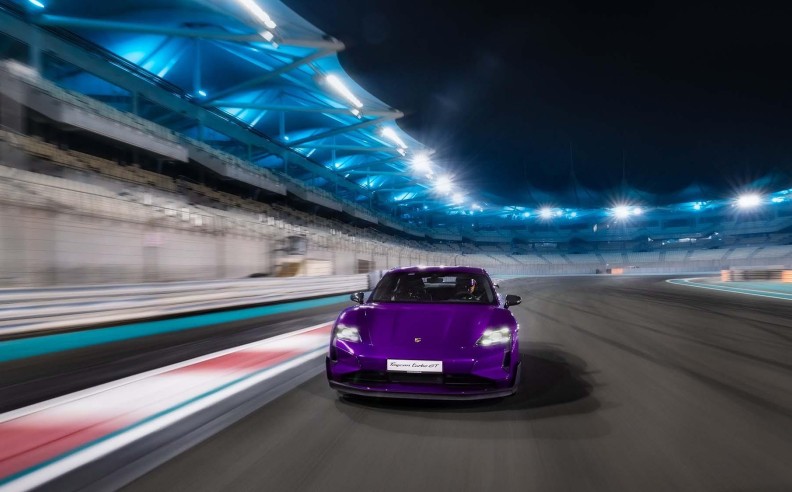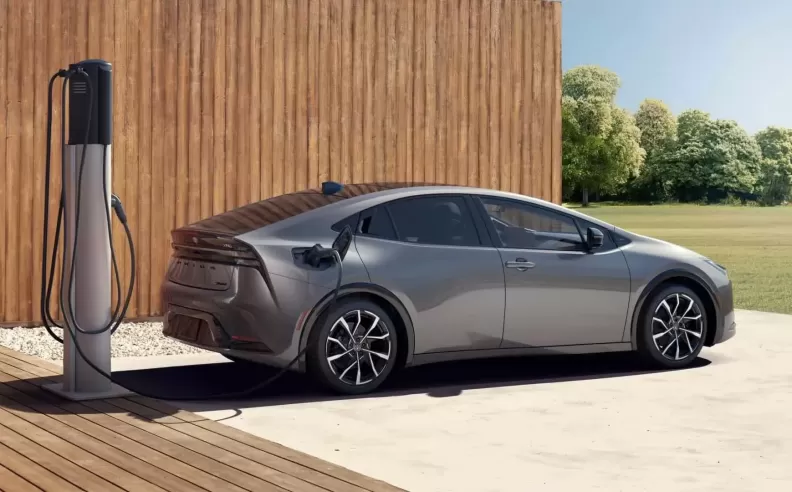
At Hyundai's recent CEO Investor Day event in Seoul, the automaker outlined its ambitious plans for the coming years, marking a significant push in the electric vehicle (EV) market. Hyundai is accelerating its transition to electric mobility even as other car manufacturers are scaling back their EV initiatives. The South Korean automaker is not only expanding its electric lineup but also introducing a novel "bridge" vehicle—an Extended Range Electric Vehicle (EREV) that combines the benefits of both electric and internal combustion power.
A key highlight from the event was the announcement that the upcoming Hyundai Ioniq 9, a new three-row electric SUV, will be produced at Hyundai’s new Metaplant in Georgia. This marks a significant investment in U.S. manufacturing and job creation, with the facility in Bryan County near Savannah set to produce up to 300,000 vehicles annually. The Metaplant will also produce the Hyundai Ioniq 5, further bolstering Hyundai's presence in the American market.
The Ioniq 9, formerly known as the Hyundai Ioniq 7, was previewed as the Hyundai Seven Concept in 2021. The production model is expected to debut at the Los Angeles Auto Show later this year. This move aligns with Hyundai's broader strategy to become a global leader in the EV sector. Hyundai Motor President and CEO Jae Hoon Chang emphasized the company’s commitment to enhancing battery performance, affordability, safety, and ease of maintenance.

In addition to the Ioniq 9, Hyundai revealed plans to introduce an EREV—a modern interpretation of the hybrid concept popularized by vehicles like the BMW i3 and Chevrolet Volt. The EREV will feature a gas engine, but unlike traditional hybrids, it will only be used to generate electricity to recharge the battery rather than drive the wheels. This setup aims to offer the driving dynamics of an EV while alleviating range anxiety with the added flexibility of a gasoline-powered generator.
The new EREV models, including SUVs from both Hyundai and its luxury brand Genesis, are scheduled to enter production in North America and China by 2026. These vehicles are expected to offer a substantial range of over 900 km (560 miles) on a full charge, catering to consumers who want the convenience of long-distance travel without compromising on the EV experience.
Hyundai is also expanding its hybrid lineup in response to growing market demand. The company has seen strong sales of models like the Santa Fe Hybrid and Sonata Hybrid in the U.S. and plans to introduce additional hybrid vehicles, including models for the Genesis brand, all of which will be produced in Georgia. This expansion aims to address the current shortage of hybrid options in North America and improve the efficiency of the factory.
Looking ahead, Hyundai is targeting profitability across its entire powertrain lineup, including internal combustion engines, hybrids, EREVs, and EVs. The company expects to achieve this goal by 2030, signaling a comprehensive approach to meeting diverse consumer needs while transitioning to a more sustainable future.
Overall, Hyundai's strategic moves reflect a bold vision for the future of automotive transportation, blending cutting-edge technology with practical solutions to drive the industry forward. With plans to build vehicles domestically and expand its hybrid and electric offerings, Hyundai is well-positioned to make a significant impact in the evolving automotive landscape.

Wael is an automotive content writer specializes in creating written content for Motor 283. Producing a wide range of content, including blog posts, articles, product descriptions, reviews, and technical guides related to cars, trucks, motorcycles, and other vehicles, with an unprecedented passion for cars, and motorcycles.

